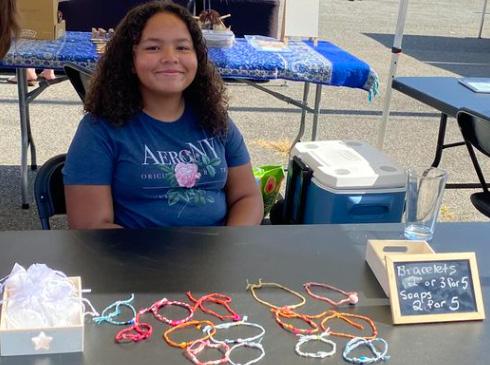
1 minute read
A Year of Crisis and Transformation
This was a year of crisis and transformation for the intellectual and/or other developmental disability (I/DD) community in North Carolina. NCCDD has worked hard to implement and improve the systems and programs impacting the I/DD community during this critical time.
Meet the Need NC is a new initiative funded by NCCDD that aims to recognize and respond to the unmet needs of individuals with I/DD. The initiative brought diverse stakeholders together to develop a collective impact strategy to address two primary crises: the 15,000-person waiting list for the Innovations Waivers and the Direct Support Professional (DSP) workforce shortage.
Advertisement
North Carolina is undertaking a seismic transformation of its Medicaid system for I/DD services. NCCDD worked through its public policy committee, its communications, and its initiatives to impact this change. NCCDD has been particularly focused on raising awareness of a new Medicaid service, called 1915i, which will make services available to many more individuals with I/DD.
NCCDD continued to increase the voice and presence of self-advocates through its NC-ALP Leadership initiative run by Disability Rights North Carolina, a second cohort of the pilot Peer Mentoring initiative through Community Bridges Consulting, and its monthly Self-Advocacy Discussion Series.
The NCCDD-funded Justice: Release, Reentry and Reintegration initiative, led by the Alliance of Disability Advocates (ADA), made considerable strides in supporting individuals with I/DD to return to the community from jails and prisons.
NCCDD continued the following important initiatives: the North Carolina Benefits Counseling Services Demonstration Project, the North Carolina Employment Collaborative, Rethinking Guardianship, and Supported Living: A How to Guidebook. These initiatives enable individuals with I/DD to live and work more independently in their communities.
In this year of crisis and transformation, the 40-person Council and 11-person staff worked tirelessly to ensure that individuals with I/DD throughout the state can live full and meaningful lives in their communities.
Talley Wells, NCCDD Executive Director
Bryan Dooley, NCCDD Chair





